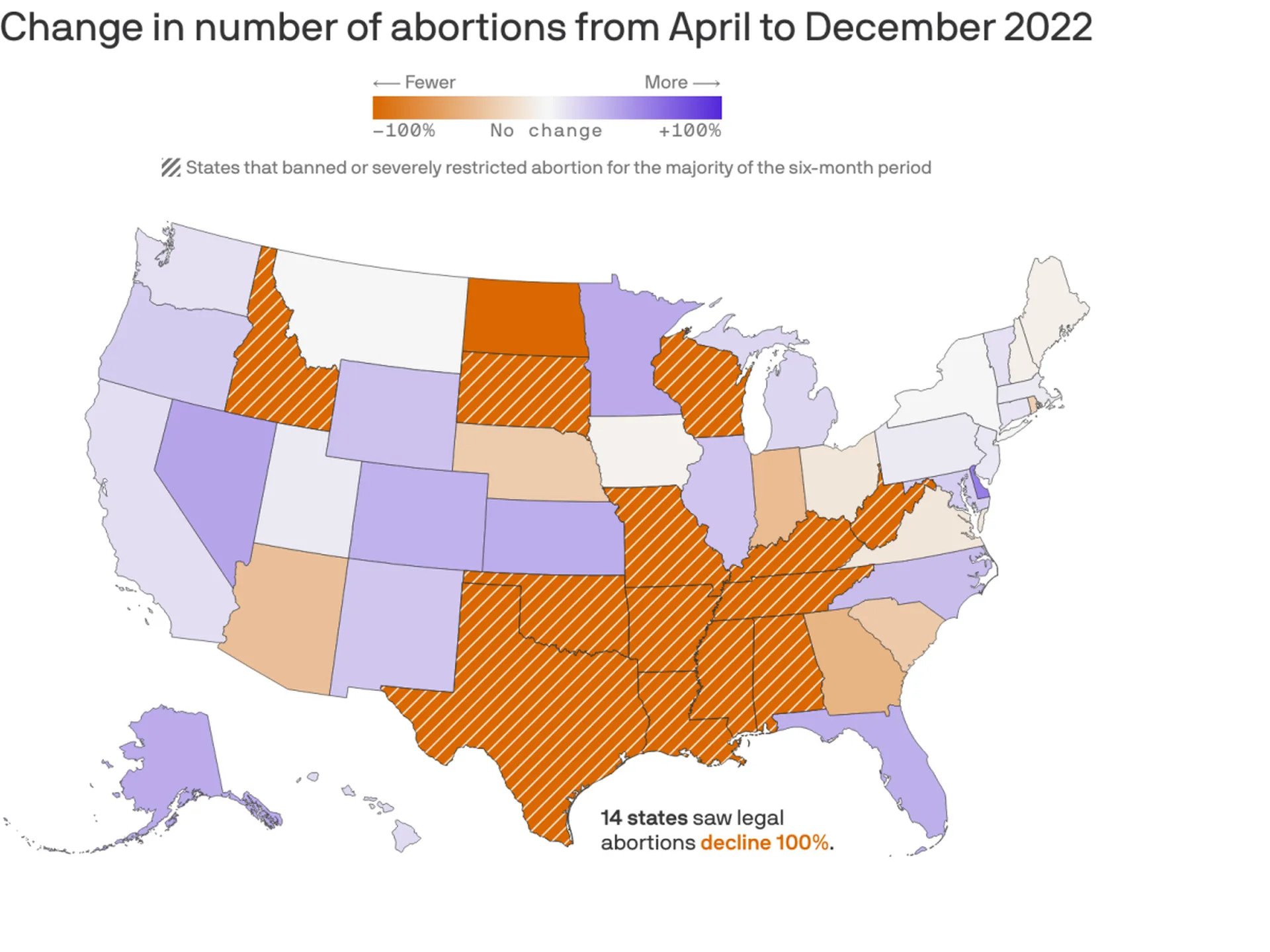U.s. Abortion Laws: a Pro-life Victory
April 15, 2023 | Expert Insights

A Texas judge recently ruled against a commonly used abortion pill, suspending the FDA’s approval of the drug in a decision that would effectively ban it in all states. The pill mifepristone has been the subject of much dispute, given that it is one of the leading modes of abortion in the U.S.
Judge Kacsmaryk, known for his conservative views, upheld a petition filed by anti-abortion medical groups challenging the drug. He held that the FDA (Food and Drug Administration) approval of the pills in 2000 was wrongful as it failed to assess the safety risk posed by the drug. He also held that prescribing the pills via telemedicine, sending them by mail, and selling them at retail pharmacies was unlawful. The Democrat Biden administration has appealed the decision before a higher court.
Within a few hours of the ruling, a Washington judge passed a contradictory verdict preventing the FDA from pulling the drug from the market in 17 states. Given the conflicting decisions, it is likely that the matter will go up to the Supreme Court.
Background
It may be recollected that last year, in a landmark Supreme Court judgment on Roe vs. Wade, the constitutional right to abortion was revoked. Since then, almost a quarter of all the states have banned abortion.
The recent Texas decision added fodder to the ongoing political debate between Democrats and Republicans on abortion. Abortion was also a key contention in the election campaigns.
The pill mifepristone is used in over half of abortions in the United States (Guttmacher Institute, December 1st, 2022) and has been used in the country for over 20 years. Since the pill is used in most abortions, it has become a new point of dispute in the abortion debate.
Since Roe vs. Wade was reversed, 13 states have imposed full abortion bans, while 16 states have laws that target abortion medications. If the Texas verdict becomes effective, it will further restrict millions of women from accessing abortion medication. Mifepristone is usually prescribed along with another drug, misoprostol, in a two-drug combination to bring about an abortion. Medical providers have said that if mifepristone is removed from the market, they will switch to the single-drug approach with mifepristone, although it has a slightly lower rate of effectiveness and causes more side effects.

Analysis
According to the FDA and major medical organisations, mifepristone has an established safety record, and it is also used to manage miscarriages. Medication abortion has a very low rate of serious complications (National Academies Press, 2018).
Critics of the decision pointed out that it failed to account for the body of scientific evidence supporting the drug's safety and cherry-picked studies supporting the conclusion that abortions are unsafe. They pointed out that the decision was guided by ideology, not science.
The decision poses a contentious question: can judges intervene in medical matters like drug approval, which are issues that involve substantial scientific analysis and evidence? Furthermore, the FDA spent four years reviewing the drug before it was approved in 2000. The FDA is a specialised administrative body that regulates drugs and is responsible for protecting public health. It approves drugs after clinical testing. The Democrat Biden administration criticised the decision for undermining the FDA's authority.
The Biden administration pointed out that if the ruling were to stand, FDA-approved drugs would be susceptible to ideological attacks. Medical providers are concerned that long-approved medications like vaccines and contraceptives could face legal challenges. On the other hand, anti-abortion groups emphasised the adverse effects of chemical abortion drugs.
Anti-abortion groups supporting the decision pointed out that patients suffering complications from abortions consume limited medical resources and increase the burden on the medical system. Kacsmaryk also referred to the psychological trauma faced by people who undergo an abortion. Kacsmaryk is known for his anti-abortion views and previously worked with a conservative Christian organisation that focuses on litigation against LGBTQ+ and abortion rights.
The decision has evoked widespread criticism and may provide political fuel to the Democrats. The Republicans' rigid anti-abortion stance could cost them votes as the Democrats mobilise voters in the wake of reactions to the controversy. However, the aftermath of the controversy may also strengthen support for the Republicans by providing impetus to the anti-abortion movement.
Assessment
- Given the support for abortion drugs in the medical community and the ideological leaning of the judge, it is likely that the verdict was based on ideological reasons rather than an objective consideration of scientific evidence.
- If the verdict is upheld, it could open the doors to courts reversing drug approvals given by the FDA based on clinical testing. This could pose an issue not just for people who rely on those drugs but also for medical providers who prescribe them, not to mention the businesses involved in distributing them. Judicial review based on fair consideration of scientific evidence and expert opinions could be the solution.
- The controversy over the abortion pill may heighten if the matter reaches the Supreme Court and become a focal point for political contentions between Republicans and Democrats. If the Texas decision is upheld, it may not be a win for the Republicans. The public criticism it generates could bolster support for the Democrats and be mobilised to increase their voter base.








Comments